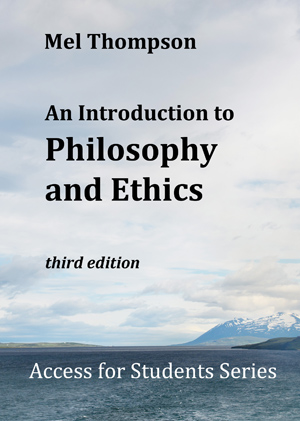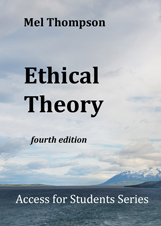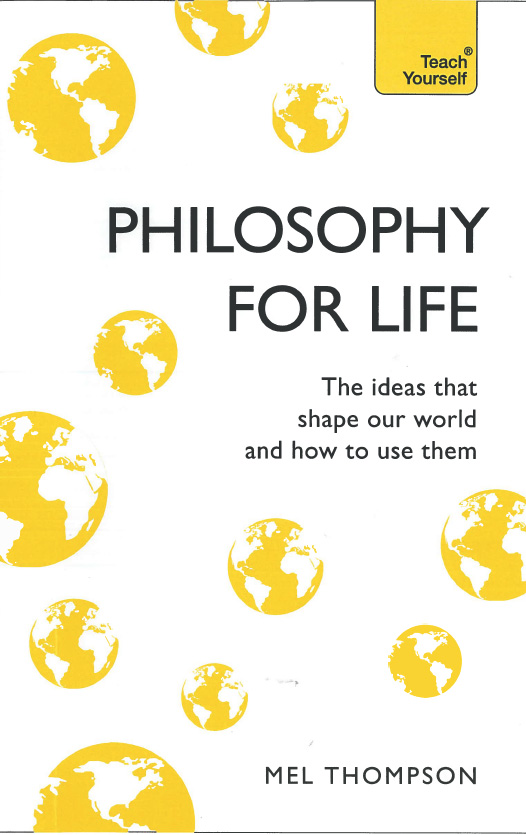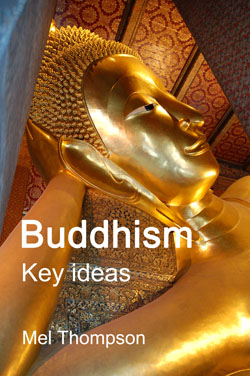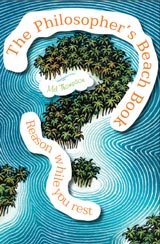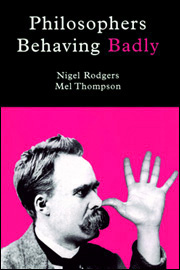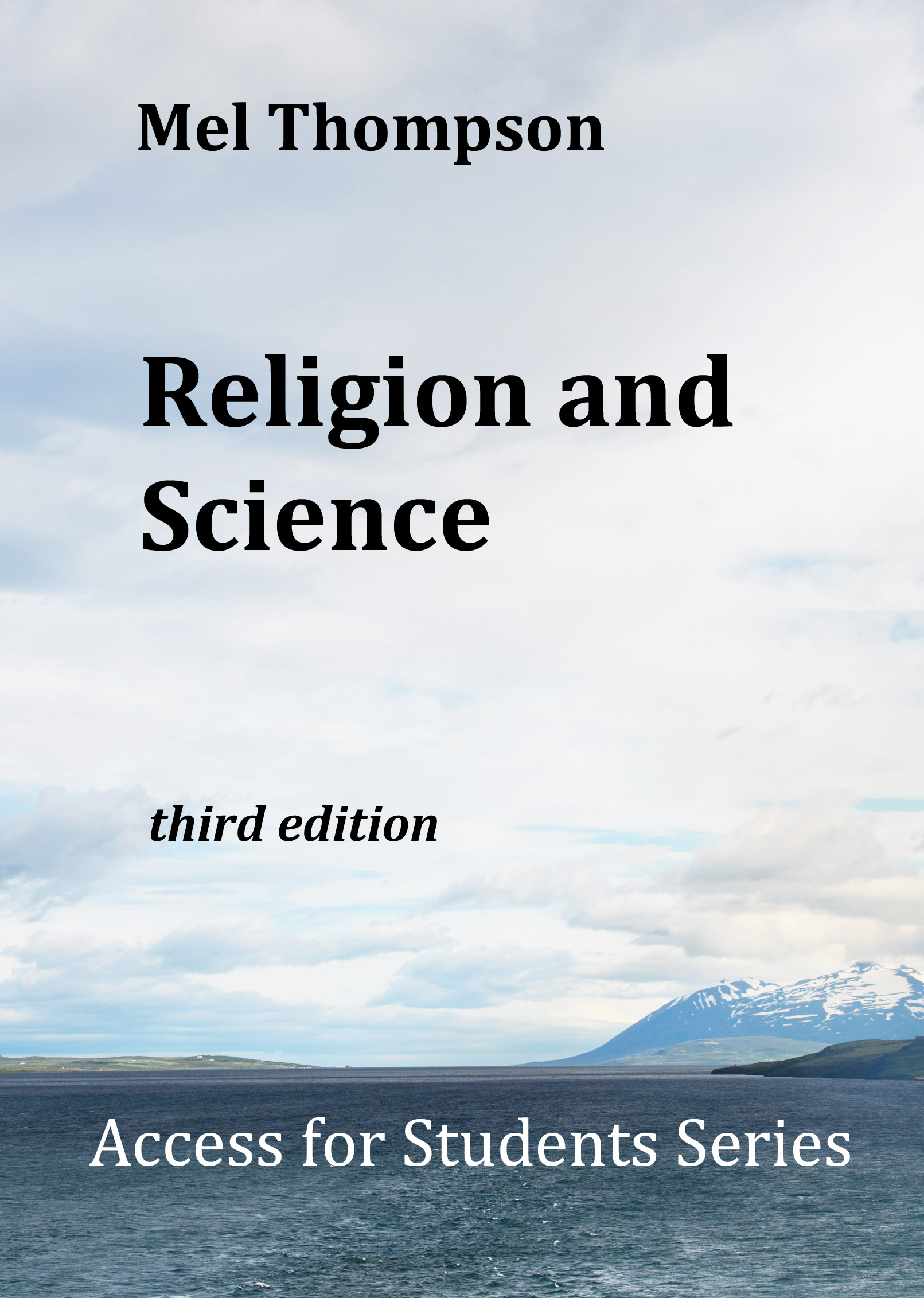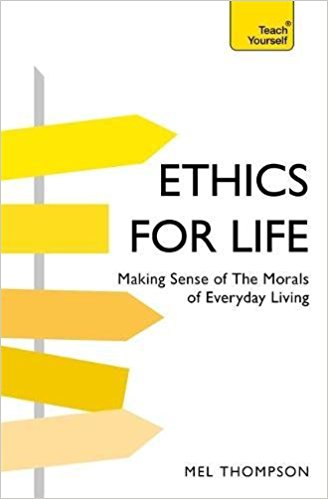 Can the lyrics to ‘Henery the VIII’ resolve arguments about the existence of God?
Can the lyrics to ‘Henery the VIII’ resolve arguments about the existence of God?
I reckon one of the most innocently funny music hall songs ever, written by Murray and Weston in 1910, is ‘Henery the VIII’ – although, of course, it should always be pronounced ‘Enery’ and rendered in a cockney accent.
It is also useful in assessing arguments for the existence of God. Let me explain, with a critical analysis of the lyrics:
I’m Henery the eighth I am
Henery the eighth I am, I am
[At this point, it is clear that the speaker has made a claim that is totally unreasonable and not capable of being substantiated by facts. Henry VIII was a Tudor monarch of the 16th century; and thus any such identity claim, made by a living person in the 21st century, is clearly bogus. It may be explained psychologically as stemming from wish fulfillment, a desire to identify one’s own actions with that of a powerful figure, or a false memory of a former life, but it cannot be factually true. Whatever argument follows, you are therefore predisposed to regard it as a fruitless attempt to give rational justification for an irrational belief.]
I got married to the widow next door
She’s been married seven times before
[Both reasonable claims, able to be substantiated by the facts.]
And every one was an Henery
She wouldn’t have a Willy or a Sam (no Sam)
[This starts with what appears to be a most unlikely coincidence – indeed, the chance that a person will marry seven men of the same name, given the incidence of that name within the male population as a whole, renders it unlikely to be point of being practically impossible. However, the following line negates that conclusion, since it has been her personal wish to select only those instances of eligible males who have the name ‘Henery.’ That subjective preference eliminates the vast number of possible candidates and enables what was otherwise improbable to take place.]
I’m her eighth old man called Henery
Henery the eighth I am.
[The first of these lines simply sums up the factual situation, and provide the context within which we are to understand the meaning of ‘Henery VIII,’ while the final one re-presents the original claim, but now backed by a perfectly logical argument.]
Much the same happens, in my view, with arguments for the existence of God. Those who are predisposed to reject such arguments may well have a conventional (but perhaps rather literal) notion of that to which the term ‘God’ refers. And it is reasonable that they should do so, because it follows common usage and the liturgy and doctrinal claims of the monotheistic religions.
The traditional arguments for the existence of God – ontological, cosmological and design (moral arguments and those based on religious experience are rather different in this respect) – use logic to unpack and explain the believer’s understanding of that term and how he or she is using it. The end product – whether it is ‘that than which no greater can be conceived’, a first cause, or a principle of design – places ‘God’ within the speaker’s frame of meaning – just as the lyrics place ‘Henery VIII’ in the context of the speaker’s marital situation.
The conventional arguments explain what ‘God’ means to the speaker – and that meaning is valid for him or her, once the facts and logic substantiating it are given. What is NOT achieved by such explanation, however, is any link back from that meaning to what those who heard the original claim may have assumed to be the case.
Arguments for the existence of God give the frameworks of meaning within which the term ‘God’ is being used – THAT AND NO MORE can be justified logically. Whether that framework of meaning is useful, productive, creative and of personal benefit is quite another matter. But once discussion has been established at that level, both sides can productively explore the needs and aspirations of human life, not engage in impossible speculation about the existence or otherwise of some externally existing origin, cause or design of things.
Henery VIII is not what you thought he was, but neither is God.
Return to Philosophy of Religion page


